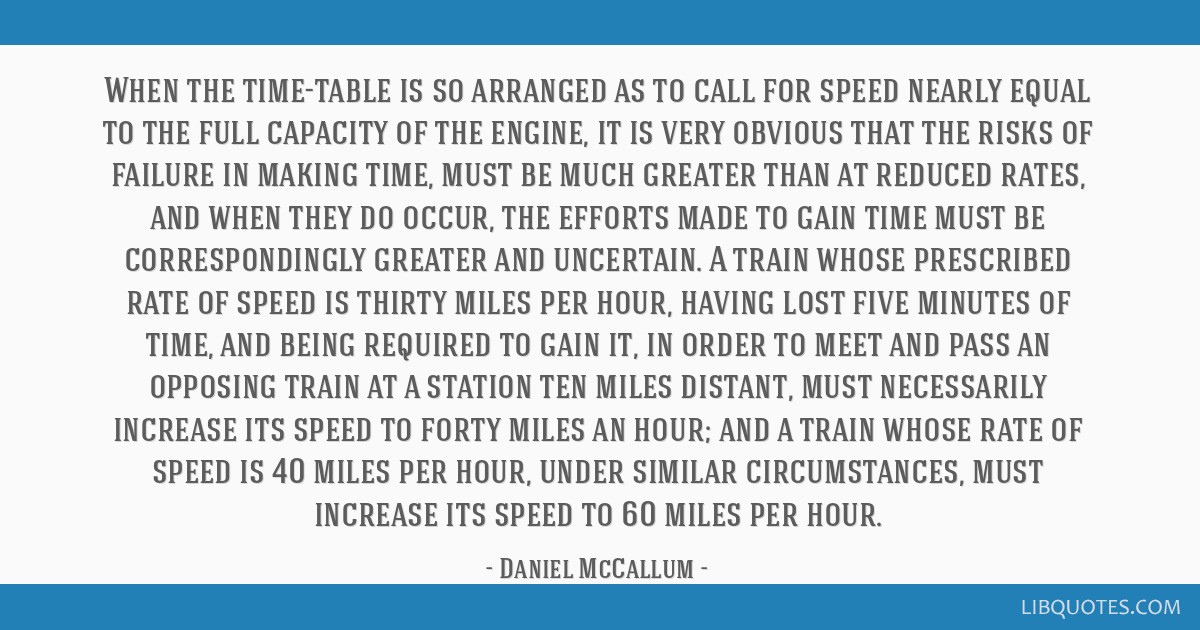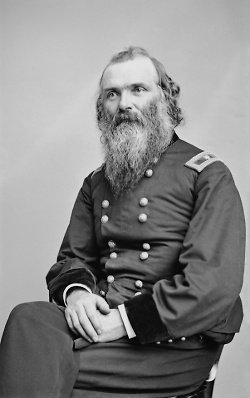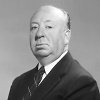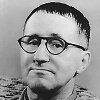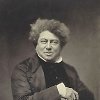When the time-table is so arranged as to call for speed nearly equal to the full capacity of the engine, it is very obvious that the risks of failure in making time, must be much greater than at reduced rates, and when they do occur, the efforts made to gain time must be correspondingly greater and uncertain. A train whose prescribed rate of speed is thirty miles per hour, having lost five minutes of time, and being required to gain it, in order to meet and pass an opposing train at a station ten miles distant, must necessarily increase its speed to forty miles an hour; and a train whose rate of speed is 40 miles per hour, under similar circumstances, must increase its speed to 60 miles per hour.
p. 42; Cited in: Scientific American April 19, 1856. p. 254 (online); and Vose (1857, p. 429) - Report of the Superintendent of the New York and Erie Railroad to the Stockholders (1856)
